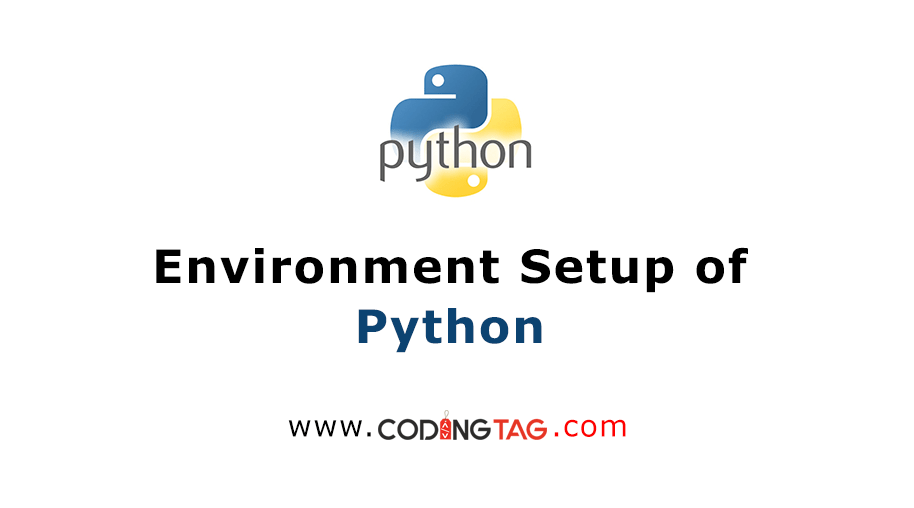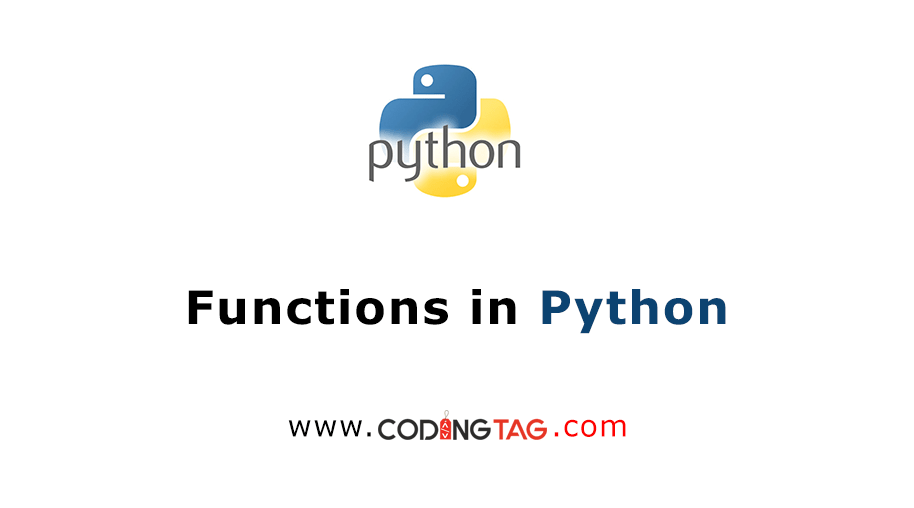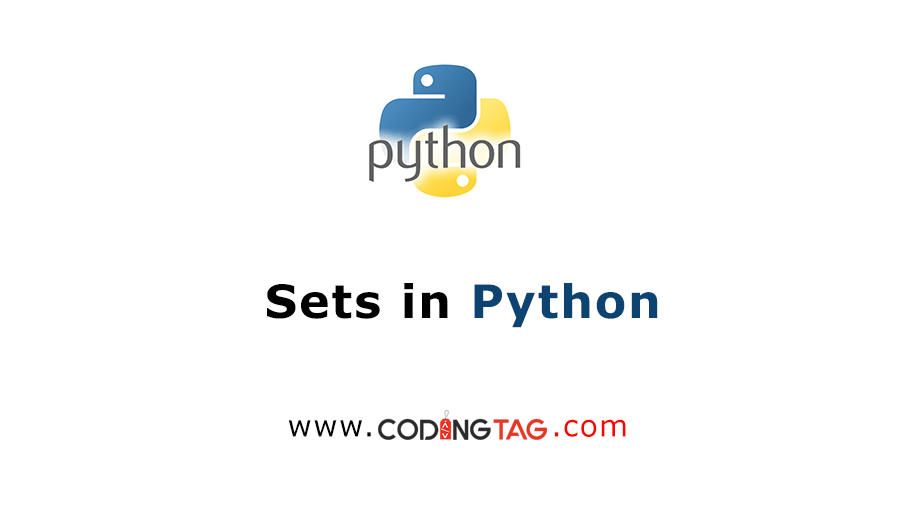Lambda Functions in Python
0 122
Python's functional programming capabilities offer powerful tools for writing concise and readable code. Among these, lambda functions, along with filter(), map(), and reduce(), enable developers to perform operations on data without the need for explicit loops. Let's delve into each of these features to understand their usage and benefits.
Lambda Functions: Anonymous and Concise
In Python, lambda functions are anonymous functions defined using the lambda keyword. They can have any number of arguments but only one expression. The expression is evaluated and returned when the function is called.
square = lambda x: x ** 2
print(square(5)) # Output: 25Lambda functions are particularly useful for short-term operations that are not complex enough to warrant a full function definition using def.
Using filter() with Lambda
The filter() function constructs an iterator from elements of an iterable for which a function returns true. When combined with a lambda function, it allows for concise filtering of data.
numbers = [1, 2, 3, 4, 5, 6]
even_numbers = filter(lambda x: x % 2 == 0, numbers)
print(list(even_numbers)) # Output: [2, 4, 6]In this example, the lambda function checks if a number is even, and filter() returns an iterator of all even numbers from the list.
Using map() with Lambda
The map() function applies a given function to all items in an iterable and returns a map object (an iterator). When used with a lambda function, it allows for efficient transformation of data.
numbers = [1, 2, 3, 4]
squared = map(lambda x: x ** 2, numbers)
print(list(squared)) # Output: [1, 4, 9, 16]Here, the lambda function squares each number in the list, and map() applies this operation to all elements.
Using reduce() with Lambda
The reduce() function, available in the functools module, applies a rolling computation to sequential pairs of values in a list. It is often used to perform cumulative operations like summing or multiplying all elements in a list.
from functools import reduce
numbers = [1, 2, 3, 4]
product = reduce(lambda x, y: x * y, numbers)
print(product) # Output: 24In this case, the lambda function multiplies each pair of numbers, resulting in the total product of all elements in the list.
Combining Lambda with List Comprehensions
While lambda functions are often used with filter(), map(), and reduce(), they can also be combined with list comprehensions to perform operations on data in a concise manner.
numbers = [1, 2, 3, 4]
doubled = [lambda x: x * 2 for x in numbers]
print([f(0) for f in doubled]) # Output: [2, 4, 6, 8]Here, a list of lambda functions is created, each doubling the input value. The list comprehension then applies each lambda function to the value 0, resulting in a list of doubled values.
Advantages of Using Lambda Functions
- Conciseness: Lambda functions allow for writing small functions in a single line, reducing the amount of code.
- Anonymous Functions: They can be used without assigning a name, making them ideal for short-term operations.
- Functional Programming: Lambda functions facilitate functional programming techniques, enabling operations like mapping, filtering, and reducing data.
When to Use Lambda Functions
Lambda functions are best used in scenarios where a simple function is required for a short period and defining a full function using def would be unnecessary. They are commonly used with functions like filter(), map(), and reduce() to perform operations on data in a concise and readable manner.
Conclusion
Python's lambda functions, along with filter(), map(), and reduce(), provide powerful tools for functional programming. By understanding and utilizing these features, developers can write more concise, readable, and efficient code for data manipulation tasks.
If you’re passionate about building a successful blogging website, check out this helpful guide at Coding Tag – How to Start a Successful Blog. It offers practical steps and expert tips to kickstart your blogging journey!
For dedicated UPSC exam preparation, we highly recommend visiting www.iasmania.com. It offers well-structured resources, current affairs, and subject-wise notes tailored specifically for aspirants. Start your journey today!

Share:






Comments
Waiting for your comments